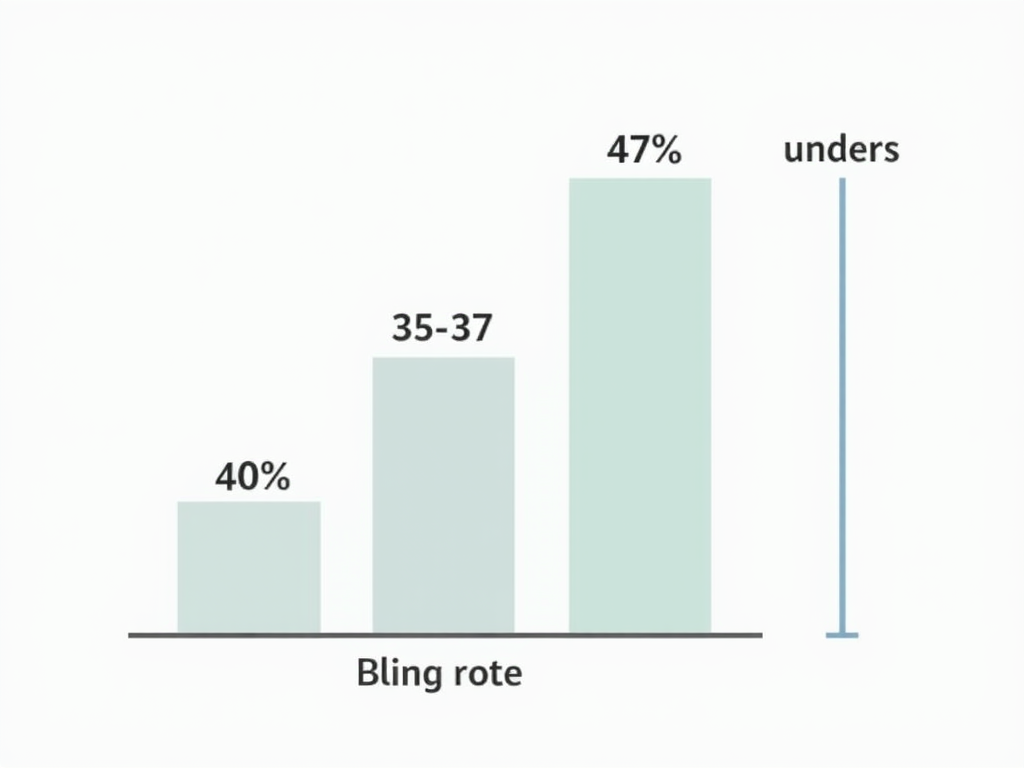Understanding Factors Affecting IVF Success Rates
June 25, 2025, 5:23 p.m.
Overview
In vitro fertilization (IVF) offers hope to many facing infertility, but its success depends on several factors. This article explores the main elements affecting IVF success rates, including patient health and clinic quality. We’ll also share personal insights to help you navigate this journey.
Patient-Related Factors
Your body plays a big role in IVF success rates. Let’s break down the key factors.
Age Matters a Lot
Age is the biggest player. Younger women usually have better odds. The Society for Assisted Reproductive Technology (SART) reports that women under 35 have a 40% chance of a live birth per cycle. For those over 40, it drops to about 10%. Why? As you age, egg quality and quantity decrease.
Ovarian Reserve Counts
This is about how many good eggs you have left. Doctors check this with tests like the antral follicle count (AFC) or anti-Müllerian hormone (AMH) levels. A strong ovarian reserve means more eggs to work with, boosting your chances.
Lifestyle Makes a Difference
What you do daily affects IVF too. Smoking can cut your success rate by up to 50%. Being overweight or drinking too much alcohol can lower your odds as well. On the flip side, eating well and staying active can help your body prepare for IVF.

Here’s a quick look at how lifestyle impacts IVF:
| Lifestyle Choice | Effect on IVF Success |
|---|---|
| Smoking | Cuts success by up to 50% |
| Excess Alcohol | Lowers pregnancy chances |
| Obesity | Raises miscarriage risk |
| Healthy Eating | Boosts egg quality |
| Exercise | Reduces stress, aids weight |
Small changes here can mean big results.
Clinic-Related Factors
The fertility clinic you choose can make or break your IVF journey. Here’s what to focus on.
The Team’s Expertise
A skilled medical team is everything. Fertility doctors who know their stuff can customize your treatment. Embryologists, the people handling your eggs and embryos, need steady hands and sharp minds. Their work directly affects your success.
Lab Quality
The lab where your embryos grow needs to be top-notch. Modern tools like time-lapse imaging help pick the best embryos. Clean, well-maintained labs lower the risk of mistakes. The Centers for Disease Control and Prevention (CDC) tracks clinic success rates—check their reports.
Clinic Track Record
Look at a clinic’s past results. High success rates often mean they’ve got solid systems. But remember, your case is unique, so dig into details for your age group.

Choosing the Right Fertility Clinic
Picking a fertility clinic isn’t just about numbers—it’s about trust. Here’s how to choose wisely.
- Check Success Rates: Compare clinics using CDC or SART data. Look for your age group.
- Ask About the Team: Are the doctors board-certified? How experienced are the embryologists?
- Visit the Lab: If possible, see the facilities. Cleanliness and tech matter.
- Read Reviews: What do other patients say? Real stories reveal a lot.
- Be Clear on Costs: Good clinics explain fees upfront.
The American Society for Reproductive Medicine (ASRM) has tips to guide you. A great clinic lifts your odds and your spirits.

Personal Insights
I’ve seen IVF up close through friends and family. It’s tough—full of highs and lows. One friend tried three rounds before success. She said the waiting was the hardest part, but support made it bearable.
Support Is Key
Having people to lean on changes everything. Partners, friends, or groups like RESOLVE: The National Infertility Association can lift you up. My friend joined a group and found hope hearing others’ stories.
Expect Ups and Downs
IVF isn’t a sure thing. You might need a few tries. Knowing that upfront helps. Another couple I know took breaks between cycles to recharge—it worked for them.
Take Care of Yourself
Little things like a walk or a good book can ease the stress. It’s not just about your body; your mind needs care too.

Summary
IVF success rates depend on many things: your age, health habits, and the fertility clinic you pick. Patient factors like ovarian reserve and clinic factors like lab quality all play a part. Choosing a solid clinic and finding support can improve your chances and your experience. IVF is a big step, but it’s brought families to life for so many—it could for you too.